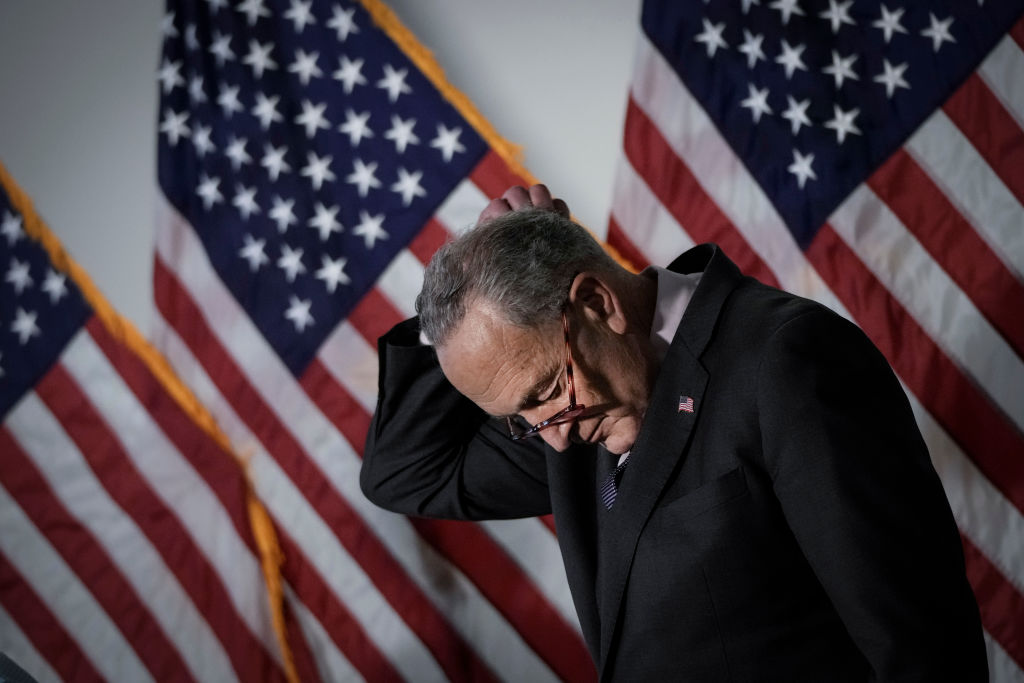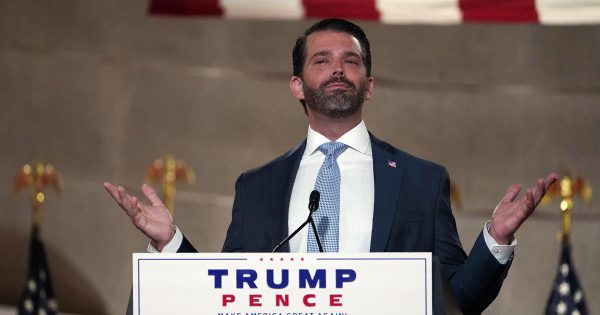The non-toxic masculinity parents are searching for.
A Man for All Seasons

A former student of Michael Uhlmann pays tribute to his late friend and mentor.
The following has been adapted from Matthew J. Peterson’s remarks at a Claremont Graduate University memorial service for Michael Uhlmann, longtime faculty member and senior fellow of the Claremont Institute, who passed away on October 8, 2019.—Eds.
I am just one among many, many people throughout the nation who can say this about Michael Uhlmann: He never stopped helping place people in positions connected with the political life of America. If it weren’t for him, I wouldn’t have my job today as Vice President of Education for the Claremont Institute.
As a Senior Fellow at the Claremont Institute for many years—as our colleague and mentor—Uhlmann gave us much-needed, wise counsel as well as warm friendship right up until he was hospitalized last year. He taught in our fellowship programs for promising national leaders—intense, educational programs that leaned heavily on his presence and guidance—and we were planning on having him teach even more for us this year. His death is an enormous loss to all of us at the Claremont Institute, professionally as well as personally.
Uhlmann was educated here, at Claremont Graduate University, and ultimately returned here, to Claremont Graduate University, to educate others. His life represents the best of what a graduate school can hope to do—produce graduates who achieve great success and wield influence in the public and private sectors, who are adept in theory and practice as both thinkers and doers.
A devoted Irish Catholic, he studied at Yale and the University of Virginia Law School. He was a significant scholar who played important legislative roles in Washington, D.C.; he headed the Justice Department’s transition under President Ford and was afterward appointed Assistant Attorney General for Legislative Affairs; in the 1980s, he became a senior policy adviser to President Reagan and was part of President Bush’s transition team. Outside of government, he practiced antitrust and administrative law and served as senior vice-president at the Lynde & Harry Bradley Foundation. Along the way, he made many connections and friends that would last a lifetime, among them another young lawyer on the Hill named Antonin Scalia.
That hardly scratches the surface, but it gives you some idea of the level of his accomplishments. They were many, but they never kept him at a distance from us. You might agree or disagree with him on any given matter, but you knew that he held his position and acted on it honestly—for the right reasons—because he thought it true and good. And you assumed without thinking about it that this was also why he took on the professional roles he did.
Above all, he was a leader who cared more about the public good or getting the job done than about building his own brand or getting along to go along. He led with ideas and action, but he often ghost wrote, continuously conspired with many behind the scenes throughout his life, and consistently and purposely preferred to achieve what needed doing rather than becoming the sort of self-serving careerist we are so used to seeing in the media today—and even, dare I say it, sometimes in academia as well.
But I wish to focus on the inspiring fact that he returned here, to teaching, giving back to the institution where his journey began, and assisting so many of us in beginning our own. Higher education today is in trouble—everyone knows this—and educational institutions are struggling to figure out how to survive in a rapidly changing environment. Teachers and the art of teaching are routinely disparaged these days. But their influence, for good or bad, never changes. Educational institutions, good or bad, form us far more than we often realize. And at the heart of those institutions, whether they are disparaged or dismissed or not, are teachers.
However it came to pass, the fact that Michael Uhlmann came back to Claremont to teach at all is remarkable if you consider his resume up until that time.
To teach full time for 20 years after that sort of full professional and political career is not what one would expect these days, to put it mildly. It isn’t necessarily the best financial decision someone in his position might have made, for instance. But it was in part a noble decision, and the joy with which he taught revealed, I think, that teaching was ultimately a central part of his vocation, or calling—work ordered towards a higher purpose, helping individuals and the country alike.
It also represents the best a graduate institution can do: assemble a mix of research and teaching, doers and thinkers, to assist a new generation who will lead the way forward. The politics program at the university has always been like this: It involves studying great works of political philosophy and American government and scholarship alike, and it has produced a long line of students who work in government and outside the academy as well as within it.
This is not a mere matter of theory, but of practice. It is not a mere matter of practice, either: We must, throughout our lives, seek with our intellects to understand what’s true. It is above all a matter of leadership addressing reality: of serving the common good of America by doing what needs doing both inside and outside of education.
Mike Uhlmann taught us about all this not only directly, in the form of a lecture or direct exhortations, but by allowing us to enter into how he thought about politics, and thus how to think about politics and political life ourselves. His soul was capacious. He was not small-minded. He would listen to you seriously and tell you what he thought with an open mind and open heart. This included criticism—he did not suffer foolishness or fools gladly. But there is no one from whom I was more willing to take advice, because you knew the spirit from which his admonishment was given: with your best interest and fullest potential good in mind.
Ultimately, he taught us by how he himself lived his life and his chosen profession. He taught us about the vital importance of learning and teaching by means of the intelligence, dignity, grace, and honor he brought to the job.
We are all here today because we were extremely lucky and blessed to have had him in our lives. He successfully passed on what he had learned to an ensuing generation facing new and trying political circumstances, challenging them to keep thinking and doing as he had done throughout his life—and as he never stopped doing.
Michael Uhlmann represents CGU at its best; he was a model of how to learn, think, and act politically, prudently.
We are here today to express our gratitude.
The American Mind presents a range of perspectives. Views are writers’ own and do not necessarily represent those of The Claremont Institute.
The American Mind is a publication of the Claremont Institute, a non-profit 501(c)(3) organization, dedicated to restoring the principles of the American Founding to their rightful, preeminent authority in our national life. Interested in supporting our work? Gifts to the Claremont Institute are tax-deductible.
There is no room for quietism in our contentious politics.
Assailed from two sides, American Jewry is having an acute crisis of identity.
The basis of our shared humanity is now up for debate.
The Fellowship of the Right Wing.
Conservatives have to get smarter about sexual politics.






